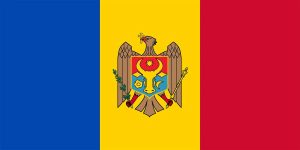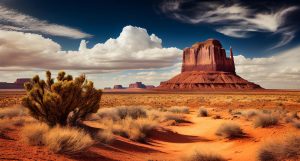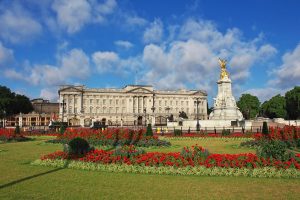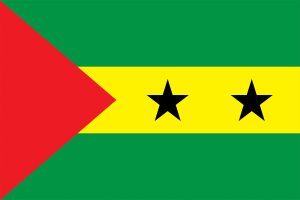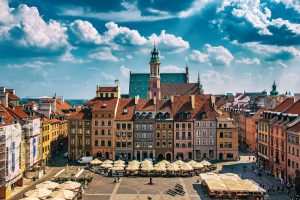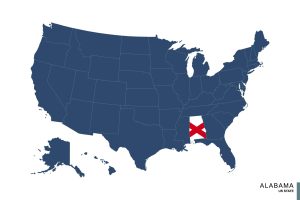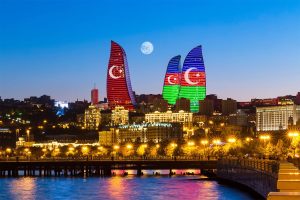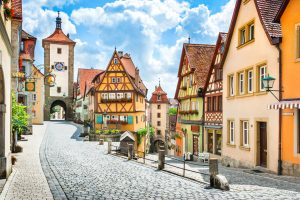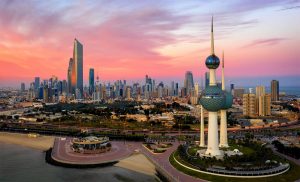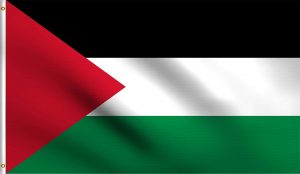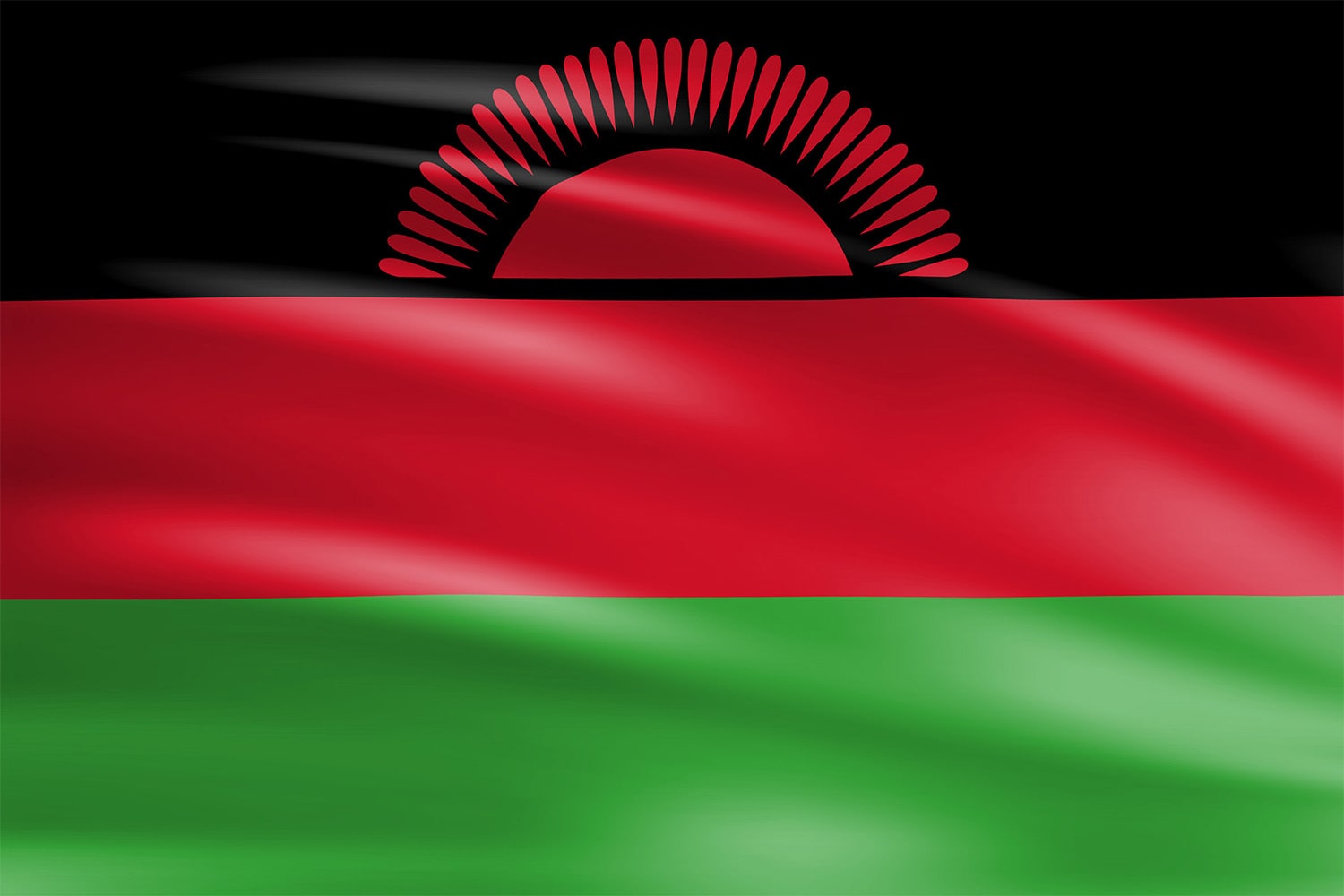
33 interesting facts about Malawi
- 👁️ 3067
Malawi, known as the “Warm Heart of Africa,” is a country rich in culture, natural beauty, and a diverse ecosystem. This landlocked nation, though among the world’s least developed, boasts unparalleled landscapes, from the majestic Lake Malawi to its vast plateaus and towering mountains. Malawi’s history, culture, and wildlife offer a unique glimpse into both the challenges and the beauty that define this part of the world. As we dive into the myriad of facts about Malawi, we uncover the essence of its resilience, its people’s warmth, and the natural splendor that makes it a unique gem in Africa.
- Malawi gained independence from British colonial rule on July 6, 1964.
- It is bordered by Tanzania to the north, Zambia to the west, and Mozambique on the east and south.
- Lake Malawi, the third largest lake in Africa, covers about one-fifth of the country’s area.
- Malawi’s economy is heavily based on agriculture, employing over 80% of the population.
- The country’s capital city is Lilongwe, while Blantyre serves as its commercial and financial heart.
- Mount Mulanje, the highest point in Malawi, reaches an elevation of over 3,000 meters.
- Malawi is home to the rare species of fish called cichlids, unique to Lake Malawi.
- The official languages are English and Chichewa, with English being used in government and education.
- Malawi is known for its vibrant cultural festivals such as the Lake of Stars Music Festival.
- The country introduced the world to Malawi Gin, a popular local spirit.
- Malawi’s flag features a rising sun, symbolizing the dawn of freedom and progress.
- The nation is part of the Commonwealth of Nations.
- Tea and tobacco are among Malawi’s major export products.
- The Malawian Kwacha is the national currency.
- The country is known for its traditional dance, Gule Wamkulu, recognized by UNESCO as a Masterpiece of the Oral and Intangible Heritage of Humanity.
- Malawi has a population of over 18 million people.
- The country’s nickname, “The Warm Heart of Africa,” stems from the friendliness of its people.
- Lake Malawi National Park is a UNESCO World Heritage site.
- Malawi is among the world’s most densely populated countries.
- The national dish of Malawi is nsima, a thick porridge made from maize flour.
- The Shire River, flowing from Lake Malawi, is the largest river in the country.
- Malawi faces significant challenges such as high rates of poverty, disease, and inadequate healthcare.
- The country has a diverse range of wildlife, including elephants, hippos, and rare bird species.
- The Chewa, Nyanja, Tumbuka, and Lomwe are among the major ethnic groups.
- Malawi has one of the world’s lowest life expectancies.
- The country’s education system includes free primary education introduced in 1994.
- Lake Malawi is sometimes called the “Calendar Lake” because it is about 365 miles long and 52 miles wide.
- Malawi participates in the African Union and the Southern African Development Community (SADC).
- The Nyika Plateau, known for its beautiful landscapes, is one of Malawi’s largest national parks.
- Despite its natural beauty, Malawi is one of the least visited countries in Africa, offering unspoiled landscapes to adventurous travelers.
- Malawi has a single university, the University of Malawi, established in 1965.
- The country is making efforts to increase its reliance on renewable energy sources.
- The Mbuna fish, endemic to Lake Malawi, are popular among aquarium enthusiasts worldwide.
In conclusion, Malawi, with its stunning natural landscapes, rich cultural heritage, and the undeniable warmth of its people, stands as a testament to the resilience and spirit of Africa. Despite facing numerous challenges, the country continues to strive for progress and development. Its unique blend of natural beauty, wildlife, and cultural richness makes Malawi a remarkable place worth exploring and understanding. The “Warm Heart of Africa” truly beats with the rhythm of life, inviting the world to discover its charms and contribute to its journey towards a brighter future.
